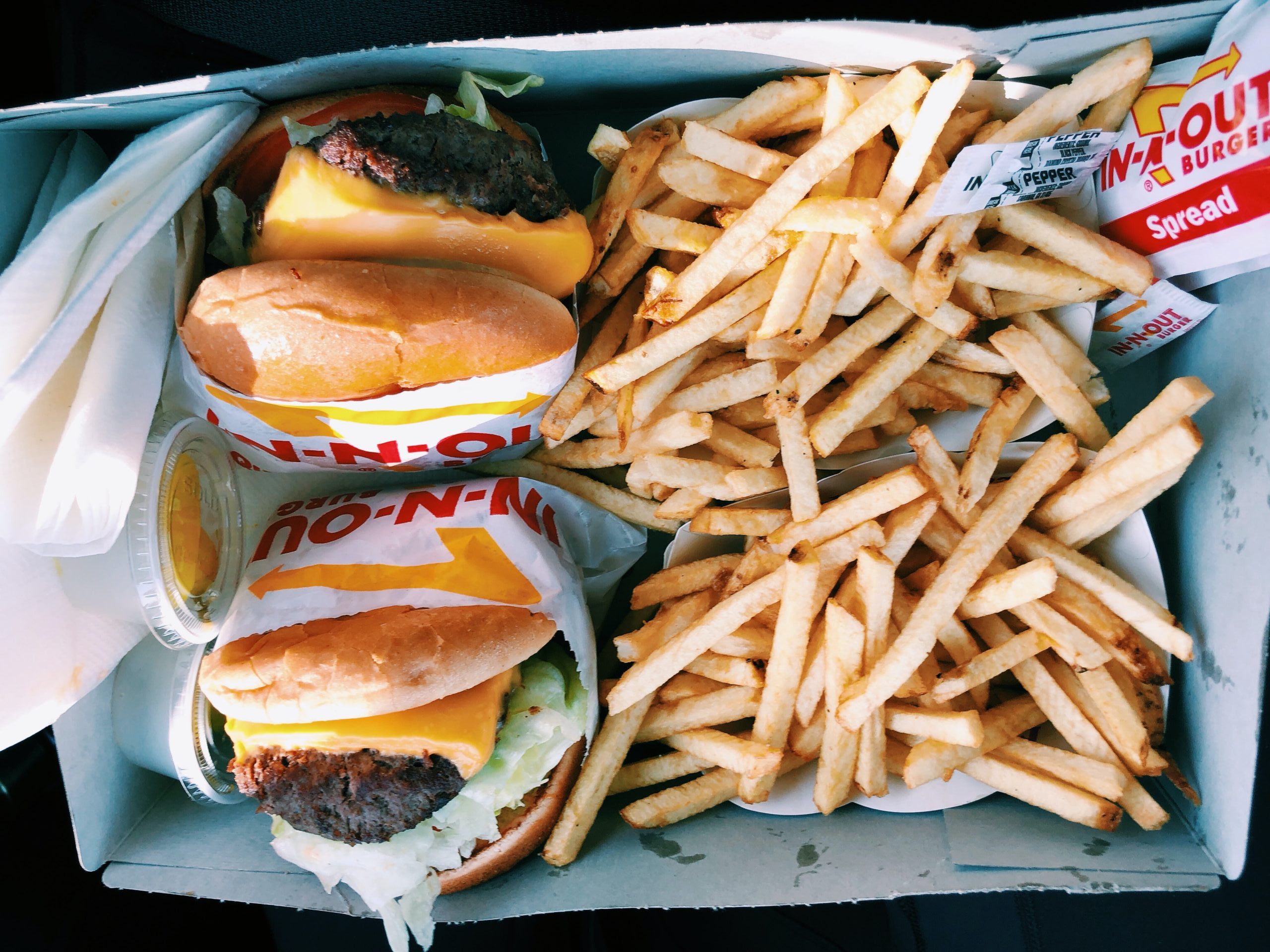
Trey Paul, FISM News
[elfsight_social_share_buttons id=”1″]
On Labor Day, California Governor Gavin Newsom signed a bill that could give more money and protections to about half a million fast food workers, but strip away some of the protections of business owners and you, the consumer.
The Fast Food Accountability and Standards Recovery Act (AB 257), referred to by some as the “California Food Tax”, will allow a 10-person council to raise the fast-food industry minimum wage to $22 an hour (up from $15) and set workplace safety conditions.
Supporters of the law claim the bill will increase restaurant workers’ wages and reduce workplace violations. The law’s opponents say the bill will destroy jobs and there will be an increase in consumer prices.
If this sounds like a slippery slope to you, some on social media would agree, including some who are questioning why other industries aren’t getting a $7 minimum wage increase.
Republican California Senator Melissa Melendez expressed concern that AB 257 will further cement California as the worst state in the union to do business, a label she says has stuck around for at least a decade now.
AB 257, a bill to unionize fast food workers and set their wages, has passed in the Senate. pic.twitter.com/ZkbEUBnFor
— Senator Melissa Melendez (@senatormelendez) August 30, 2022
And perhaps the biggest fear is that the bill will bring job loss to an industry that’s already struggling with having enough workers.
In a report featured in the California Globe, Sanjay Singth, a franchise owner in LA County noted that many restaurant owners use automated touch screens to do business and hire drive-thru workers who work remotely.
“We keep putting more and more of these in stores to cut back on labor costs. We cannot afford to pay employees what this AB 257 is asking us to do, and we’ve known for some time that people pushing for higher wages would bring us to the breaking point, so we are evolving around that. You don’t need to pay people more when there are no people there in the first place,” she said.
Sen. Melendez showed what this “virtual outsource solution” would look like on social media.
Here’s the likely outcome of the Fast Food Worker bill AB 257 making it’s way through the legislature. pic.twitter.com/J8qH7YKBkF
— Senator Melissa Melendez (@senatormelendez) August 27, 2022
And then there’s what this could mean to consumers. With the price of most goods and services already skyrocketing, a UC Riverside Center Economic Forecast and Development analysis projects that menu prices would go up by 20% and lead to food insecurity in the state.
In a scathing post on McDonald’s corporate website, Joe Erlinger, the president of McDonald’s USA shared how unfair he feels the bill is.
If you are a small business owner running two restaurants that are part of a national chain, like McDonald’s, you can be targeted by the bill. But if you own 20 restaurants that are not part of a large chain, the bill does not apply to you. For unexplainable reasons, brands with fewer than 100 locations are excluded. Even more mystifying, the legislation excludes certain restaurants that bake bread. I can only conclude this is the outcome of backroom politicking.
“This is a clear example of picking winners and losers, which is not the appropriate role of government,” Erlinger wrote.
Erlinger labeled the bill “lopsided, hypocritical and ill-considered legislation” that “hurts everyone.” However, he did express support for “raising minimum wages for workers” and said “aggressive wage increases are not bad.
Sen. Brian Dahle, the Republican nominee for governor of California blasted the bill.
This is a stepping stone to unionize all these workers. At the end of the day, it’s going to drive up the cost of the products that they serve. There are no slaves that work for California businesses, period. You can quit any day you want and you can go get a job someplace else if you don’t like your employer.
